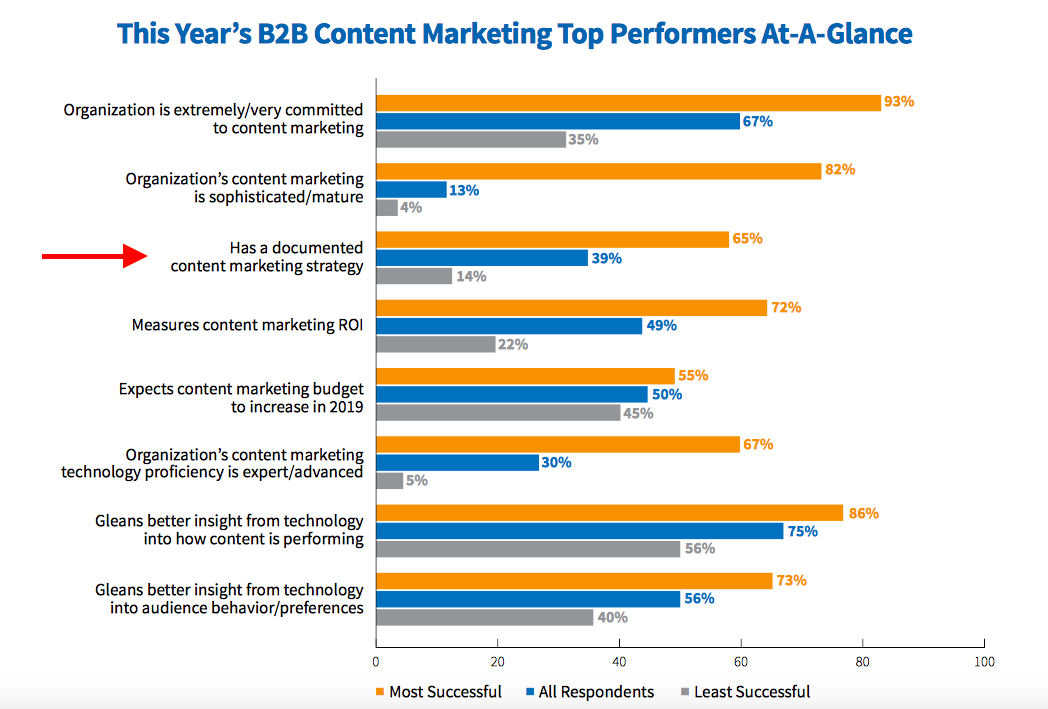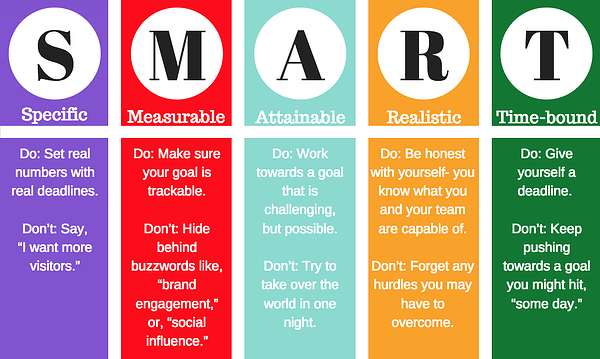HOW TO SAVE YOUR DIGITAL MARKETING STRATEGY
- WorldLine Technology

- Sep 19, 2019
- 5 min read
Credit by Michael Brenner
You shouldn’t develop your digital marketing strategy with a “set it and forget it” mentality. Your business must evolve over time to keep up with advances in technology and changing consumer habits, and the same is true for your digital marketing strategy.
If you don’t continually review and adapt your marketing strategy, there’ll probably come a day when you realize it isn’t working. Maybe you’re pouring all your budget into display ads only to see a negative return on investment, or maybe your website traffic or email list has stalled despite your promotional efforts.

If your digital marketing strategy is failing, you may start worrying that your business is doomed or your industry is dying. But don’t throw in the towel just yet. There is a very good chance you can save your digital marketing strategy.
At this time, you need to go back to the basics. You need to clarify where you want your digital marketing strategy to take you and what you’re going to do to get there. It’s a good idea to have a brainstorming session with some key stakeholders and involve team members from all different departments in your organization. Sometimes it takes a fresh pair of eyes to see where you’ve been going wrong.
QUICK TAKEAWAYS
A successful content strategy is key to a successful digital marketing strategy.
Don’t leave your strategy to the marketing team only – all departments should be involved.
Even if your strategy is working now, it doesn’t mean it will in the future. Find time to regularly review and adapt to keep up with the constantly changing digital landscape.
1. PUT CONTENT AT THE HEART OF YOUR DIGITAL MARKETING STRATEGY
“Hang on a second,” you may be thinking. “We’re talking about redeveloping our whole digital marketing strategy, not just our content marketing strategy.”
This is true, but the fact is that many businesses are failing at digital marketing because they’re not integrating their strategy across all channels and departments.
When you think about it, content is a key part of almost every marketing activity you’re involved in online. Whether you’re creating paid media campaigns, posting on social networks, sending out emails, or developing your PR strategy, they all require content.
One big mistake that organizations seem to make (particularly as they grow larger and reach enterprise level) is trying to align their digital marketing strategy across different organizational silos and channels.
Some companies have the mentality that each team is responsible for its own area – one for general marketing, one for digital, one for PR, one for content, and so on. Organizations structured in this way will find it almost impossible to put together an integrated marketing strategy and ensure that all teams are working efficiently toward a common goal.
By building your entire digital marketing strategy around content, you ensure a clear and consistent brand voice and message. This then feeds into every one of your marketing campaigns and channels.

Think about how you can create a “culture of content” in your business, integrate content into non-marketing departments such as sales and PR, and involve employees from all over the organization in your discussions about content marketing.
2. DOCUMENT YOUR STRATEGY
Before really getting started, it’s important to note that you should document your strategy from the start. This may seem obvious, but research shows that many organizations get by without having a documented marketing strategy – at least when it comes to content.
This year’s annual B2B survey carried out by the Content Marketing Institute revealed that only 39% of marketers have a documented content marketing strategy.
You may think it’s enough to have discussed and agreed on your strategy and to have it clear in your mind, but the research says something else. Only 14% of the worst performers in content marketing document their strategy, compared to 65% of the best performers.

Those that do say that the biggest benefits of documenting their strategy are that it aligns the team around common goals and makes it easier to determine what type of content to develop.
Getting your strategy down on paper is vital for success, and there’s plenty of research to back this up. You’re over 40% more likely to achieve your goals if you write them down. You can research more into this if you’re interested in the reasons and the theory, but just take it as fact: you must document your strategy if you don’t want to fail again.
3. DEFINE YOUR GOALS
Speaking of goals, defining them should be the first real step for creating your marketing strategy. Your strategy is useless without clear goals. If you don’t have goals, how will you even know if you’ve succeeded or failed?
Vague goals don’t do you much good either. Your goals should be SMART – specific, measurable, achievable, relevant, and timely. Don’t just set goals like “improve brand awareness”. You need to set a clear deadline for your goal and have some way you can measure it, as well as setting out the specific plan for achieving it.

A better goal would be something like “growing referrals to our brand site 20% by 2020 by publishing X guest posts on non-competitor industry websites”. This not only gives you a goal to work toward but also a clear plan of action so you know what exactly you need to be doing to get started. Of course, you can flesh out the “how” part and go into much greater detail once you’ve got your initial goals set out.
Your marketing goals should also be tied to your overall business goals. Is your priority driving sales or building relationships with customers? Getting clear on these points is why it’s so important to create an integrated strategy from the start, and ensure that all departments are involved.
4. MEASURE, REVIEW, AND ADJUST
So you’ve set new goals and detailed how you’re going to achieve them in your new digital marketing strategy. So now you can get on with the work and check back in a year to see if it worked, right?
Wrong. The world of digital marketing is so fast-paced that your strategy needs almost constant reviewing to make sure it’s still working. Not every part of your strategy will be effective, and that’s OK – in time you’ll figure out what’s working for your business and you’ll get better at planning for the future.
Whatever you do, don’t drop the ball on regularly measuring the success of campaigns and adjusting your strategy if necessary.
Luckily, modern technology has made this much easier with advanced real-time analytics and AI algorithms that can automatically optimize your campaigns for you. It’s still time-consuming, but constant monitoring and adapting your strategy as you go along is key for success.
If you are ready to get more traffic to your site with quality content that’s consistently published, check out our Content Builder Service. Set up a quick consultation, and I’ll send you a free PDF version of my books. Get started today and generate more traffic and leads for your business.




Comments